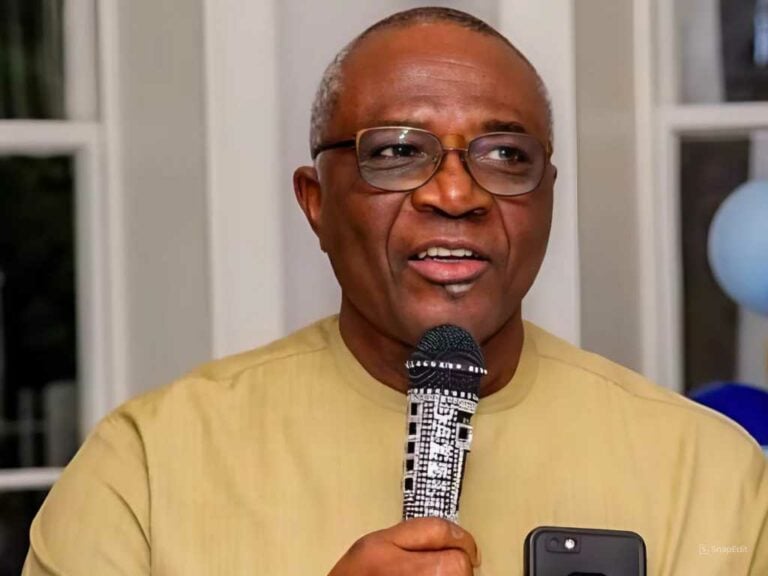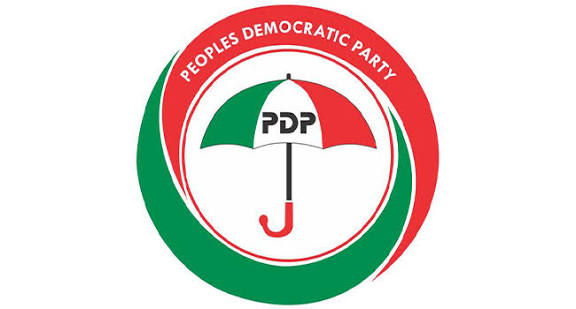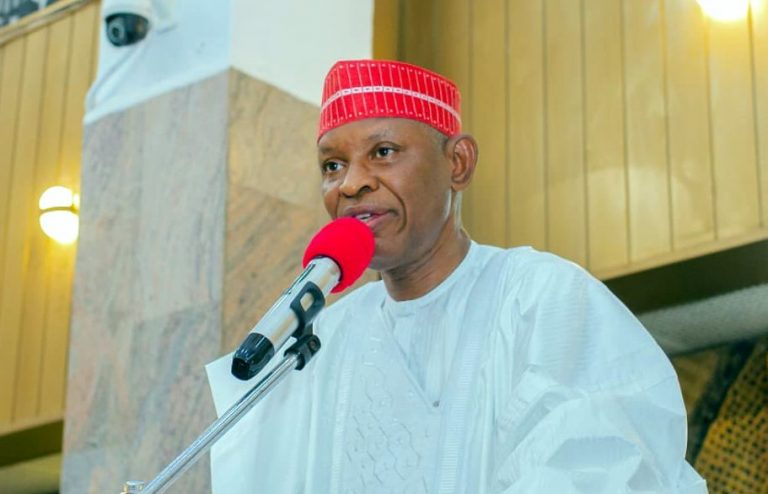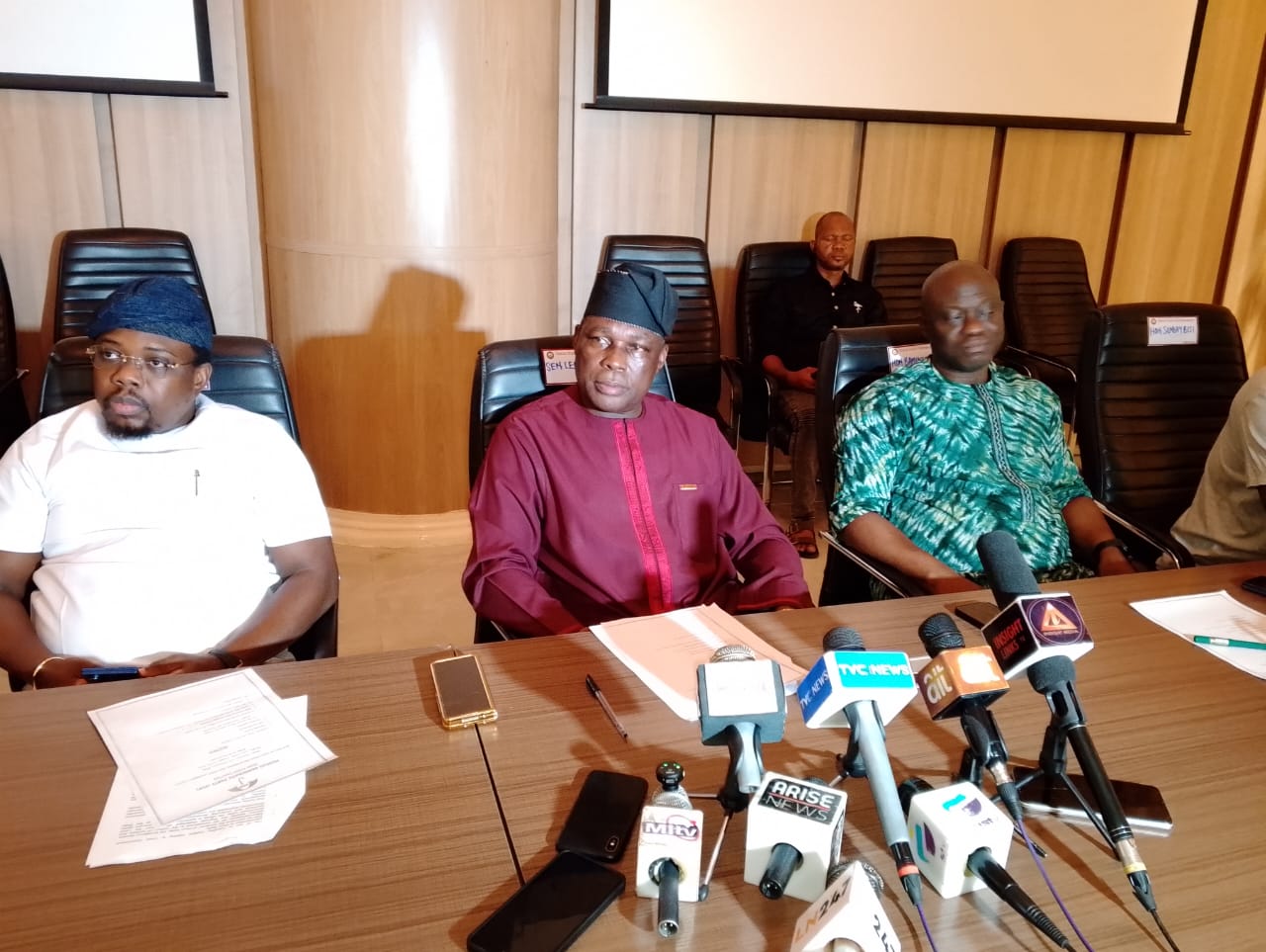
The World Bank is committed to connecting the 2.6 billion people still without internet access, leveraging digital solutions to address this ongoing challenge.
Recently, the bank hosted its second annual Global Digital Summit, gathering leaders from both the public and private sectors to refine strategies aimed at enhancing digital access. With 80 years of expertise, the World Bank remains dedicated to improving global connectivity.
A statement issued by the World Bank on Saturday introduced the Accelerating Digitalisation Global Challenge Programme, which seeks to speed up technology adoption across countries.
The initiative emphasizes the development of digital public infrastructure such as identification systems, payment platforms, and data systems that link people to essential services like jobs, healthcare, education, and banking. It also advocates for creating cross-border digital markets and encourages the private sector to contribute to forming unified regulatory frameworks.
Furthermore, a new initiative funded by the Gates Foundation, through the Digital Development Partnership, aims to increase affordable internet access and digital skills for women in low-income countries.
The goal is to connect an additional 300 million women to broadband by 2030, further advancing the World Bank’s mission to close the gender digital divide.
Sangbu Kim, Vice President for Digital Transformation at the World Bank, stated, “Digital transformation is one of the most significant opportunities of our time to drive growth and inclusion, especially as we reach a critical juncture in development.
Digital technology can spark innovation, create jobs, and remove barriers to opportunity. With over 80 years of experience, the World Bank Group is uniquely positioned to help countries harness digital solutions for a more resilient future.”
Advertisement






